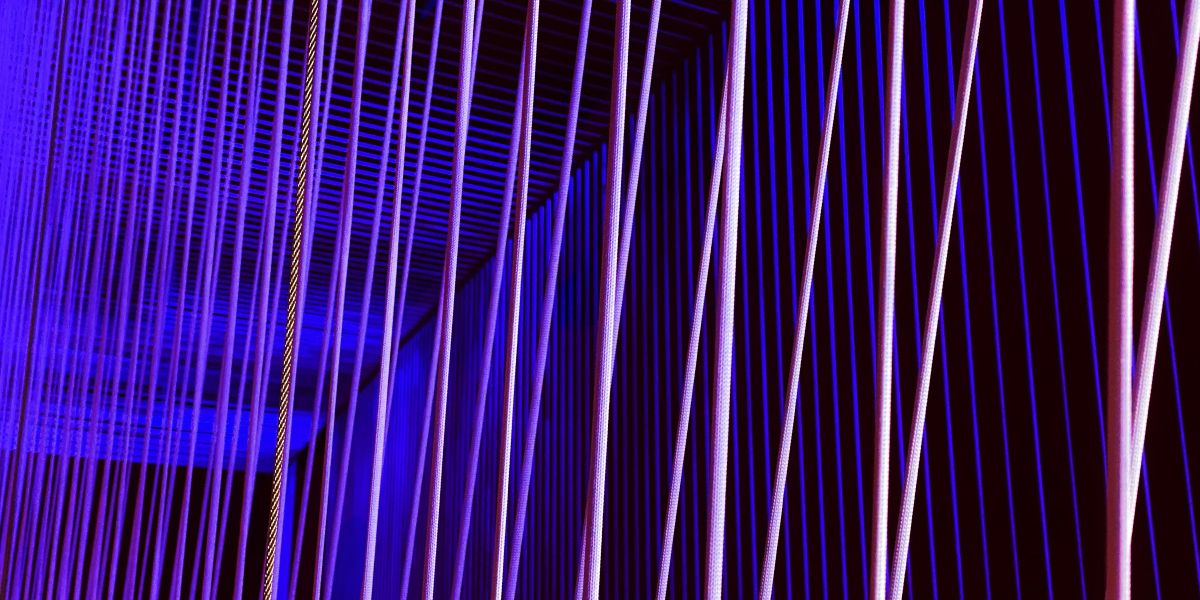Managing ADHD isn’t just about daytime focus struggles—it also involves restless nights. Sleep issues are common in individuals with ADHD and can impact mood, productivity, and overall well-being. Understanding these challenges and their root causes can help develop strategies to improve sleep quality.
The Connection Between ADHD and Sleep Problems
ADHD affects sleep in multiple ways, making it hard to fall asleep, stay asleep, or wake up refreshed. Biological and psychological factors both play a role in these disruptions. Neurotransmitters like dopamine and norepinephrine, which regulate attention and alertness, can be imbalanced in ADHD, making it difficult to wind down at night. Additionally, disruptions in circadian rhythm often cause individuals with ADHD to feel tired much later than usual, leading to difficulty waking up in the morning.
Psychological Contributors further Complicate Sleep Issues
Anxiety, common in ADHD, leads to racing thoughts that delay sleep. Hyperactivity doesn’t stop at bedtime, making it hard to settle down. Impulsivity can also contribute to poor sleep hygiene, such as staying up late on screens, overstimulating the brain, and delaying sleep onset.
Common Sleep Issues in ADHD
Understanding ADHD-related sleep problems helps in finding practical solutions.
- Insomnia: Difficulty falling or staying asleep is prevalent. Racing thoughts and restless energy prevent proper rest, leading to daytime fatigue, difficulty focusing, and worsening ADHD symptoms.
- Restless Legs Syndrome (RLS) & Periodic Limb Movement Disorder (PLMD): These conditions cause involuntary leg movements, disrupting sleep and leading to daytime tiredness.
Delayed Sleep Phase Syndrome (DSPS): Many individuals with ADHD have a delayed internal clock, making them feel sleepy much later than usual. This misalignment creates difficulty in maintaining a regular sleep schedule, leading to chronic sleep deprivation.

Strategies for Managing ADHD-Related Sleep Problems
Addressing ADHD-related sleep challenges requires a holistic approach targeting both behavioral and biological factors.
- Behavioral Interventions: Cognitive Behavioral Therapy (CBT) for Insomnia (CBT-I) helps change negative thoughts and behaviors related to sleep. Establishing a consistent bedtime routine, limiting screen time before bed, and using relaxation techniques such as mindfulness and deep breathing can also help regulate sleep patterns.
- Optimizing Brain Health: Whole-brain programs, like Brain Balance, target brain connectivity and sensory processing to support healthy sleep cycles. By strengthening neural pathways, these programs help regulate neurotransmitters that influence sleep and wake cycles.
- Professional Help: Therapists and counselors can provide structured support. CBT-I is an evidence-based therapy that restructures negative thought patterns around sleep and reinforces healthy habits.
Conclusion
Sleep issues in ADHD significantly impact daily functioning, but understanding their causes allows for targeted solutions. With continued research and advancements in ADHD treatment, more tailored interventions can improve sleep health. Implementing behavioral strategies, optimizing brain health, and seeking professional support can make a meaningful difference in managing ADHD-related sleep problems.
Disclaimer: This article is for informational purposes only and is not intended to diagnose, treat, or provide medical advice. If you or a loved one are experiencing sleep difficulties related to ADHD, please consult a qualified healthcare professional for personalized guidance. Individual experiences with ADHD and sleep issues may vary, and professional evaluation is recommended for appropriate intervention.
Published by Kaye A.






